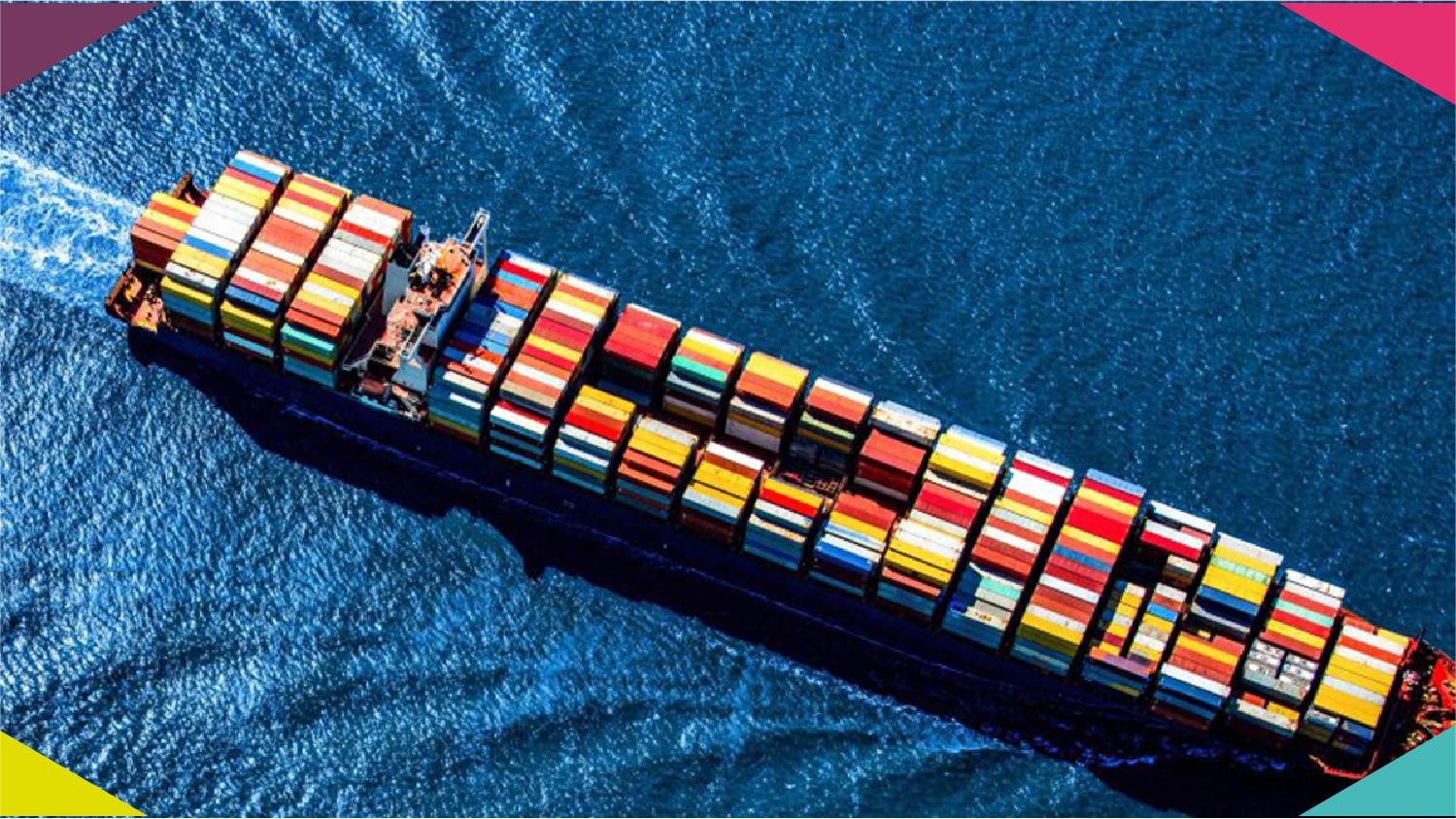When I first arranged to ship goods from China to the Malta, a question constantly lingered in my mind: “Do I need to buy insurance when shipping from China to the Malta?” As I delved into the world of international shipping, I realized that the answer isn’t always straightforward. Through researching industry practices, consulting shipping experts, and reflecting on real – life shipping incidents, I’ve gathered comprehensive insights that I’m eager to share with you.
1. Assess the Risks Associated with Your Cargo
Nature of Goods
I start by evaluating the nature of the goods I’m shipping. If I’m sending fragile items like glassware, electronics, or delicate artworks, the risk of damage during transit is high. For example, when I shipped a batch of ceramic vases, despite careful packaging, there was still a chance of breakage due to rough handling. In such cases, insurance becomes a safeguard against potential losses. On the other hand, if the goods are sturdy and less prone to damage, like unbreakable plastic products, the risk might be lower, but it doesn’t mean there’s no risk at all.
Value of Goods
The value of the cargo also plays a crucial role. High – value items, such as luxury goods, high – end electronics, or precious metals, can result in significant financial losses if something goes wrong during shipping. I once shipped a consignment of expensive jewelry. The potential loss in case of theft, damage, or loss during transit was substantial, so purchasing insurance was a no – brainer for me. Even for moderately – valued goods, the cumulative cost of multiple damaged or lost items can add up, making insurance a worthy consideration.
2. Consider the Shipping Method
Sea Freight
Sea freight is a common choice for shipping from China to the Malta, but it comes with its own set of risks. Cargo ships may encounter storms, rough seas, or accidents, which can damage or even sink the vessel. Additionally, the long transit time means more opportunities for theft, pilferage, or misplacement at ports. When I shipped a large quantity of goods via sea freight, I knew that the extended journey increased the likelihood of something going wrong, so I opted for insurance to protect my investment.
Air Freight
Although air freight is generally considered safer due to strict security measures at airports, it’s not without risks. Mishandling during loading and unloading, aircraft malfunctions, or delays due to unforeseen circumstances can still lead to damaged or lost goods. When I sent urgent and valuable electronic components by air, I didn’t want to take any chances and purchased insurance to cover potential losses.
Express Shipping
Express shipping services offer fast and convenient door – to – door delivery, but they aren’t immune to issues either. Packages can be lost, damaged, or delayed during transit. For important documents or small, high – value items that I sent via express shipping, I found that insurance provided peace of mind, ensuring that I wouldn’t suffer significant losses in case of unexpected problems.

3. Understand the Role of Insurance
Financial Protection
The primary function of cargo insurance is to provide financial protection. In the event of damage, loss, or theft of the goods, the insurance company will compensate me according to the terms of the policy. This helps me recover my financial investment and avoid severe financial setbacks. For instance, when a shipment of my goods was damaged due to a shipping accident, the insurance claim covered a large portion of my losses, allowing me to continue my business operations smoothly.
Liability Coverage
Some insurance policies also offer liability coverage. If my goods cause damage to other property or injury to people during transit, the insurance can cover the resulting legal costs and compensation. This is especially important for goods that may pose a risk to others, such as hazardous materials.
4. How to Decide Whether to Buy Insurance
Weigh the Costs and Benefits
I carefully compare the cost of insurance with the potential losses I might incur. Insurance premiums are typically calculated based on the value of the goods, the shipping route, and the type of coverage. If the cost of insurance is relatively low compared to the potential loss, it makes sense to purchase it. I also consider the frequency of my shipments. For regular shippers, having an insurance policy can provide long – term cost savings and stability.
Check Carrier’s Liability
I review the carrier’s liability limits. While carriers are responsible for the goods during transit, their liability may be limited. For example, most carriers have a maximum liability per kilogram or per package, which may not fully cover the value of my goods. Knowing this, I can determine whether additional insurance is necessary to bridge the gap.
Consult with Experts
When I’m unsure about whether to buy insurance, I turn to professionals. China Top Freight, for example, has a team of experts who can provide valuable advice based on my specific shipping situation. Their in – depth knowledge of the shipping industry and insurance policies helps me make an informed decision.
In conclusion, if you’re still asking yourself “Do I need to buy insurance when shipping from China to the Malta?”, China Top Freight is here to guide you. Our experienced team understands the risks involved in shipping and can help you choose the right insurance coverage for your goods. With our extensive network and strong partnerships, we ensure that your shipments are protected every step of the way. Don’t leave the safety of your cargo to chance. Contact China Top Freight today and enjoy worry – free shipping from China to the Malta!


